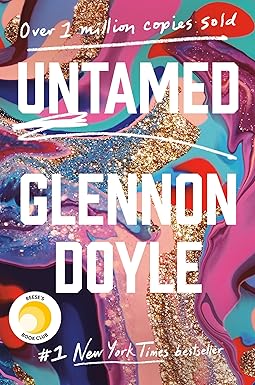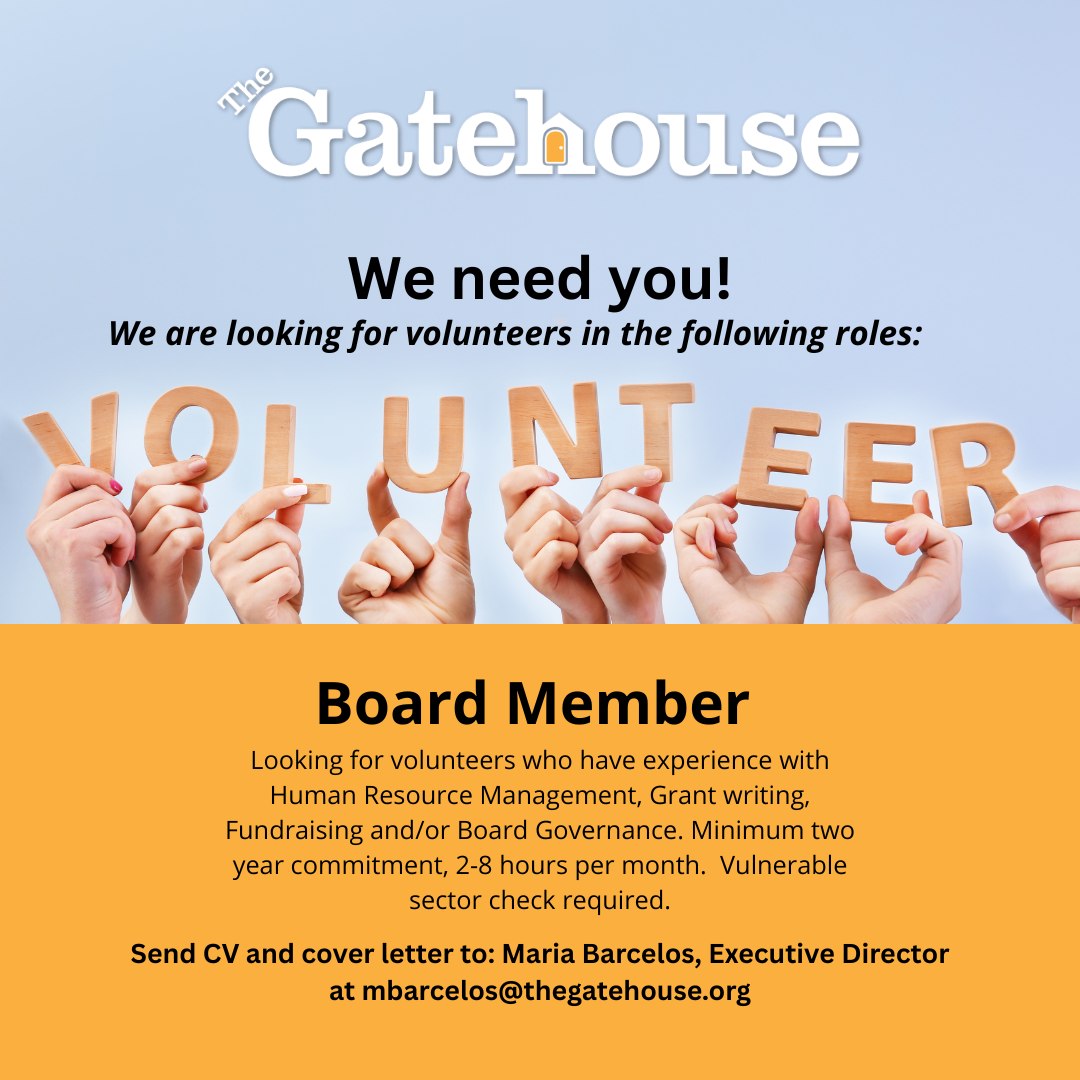According to the The Independent Inquiry of Childhood Sexual Abuse, “Most victims and survivors the Inquiry spoke to said they experienced confusion, frustration, or difficulty with understanding their own sexual orientation or gender identity as a result of the sexual abuse. The report also found some victims and survivors have had the ‘LGBTQ+’ label applied to them as a result of the gender of their abuser, rather than being allowed to define themselves (IICSA, 2022, ).”
This is a reminder that you are not alone if you are experiencing confusion around your sexual identity. Furthermore, this imposed labeling can feel like another form of erasure or violation, silencing a survivor’s own experience of identity compounding on the already traumatic event.
For many survivors arousal non-concordance—when the body physically responds to sexual stimulation (as bodies are designed to do), even during unwanted or traumatic experiences, can be a source of further confusion. A survivor might feel horror, fear, or numbness emotionally, while their body shows signs of arousal. This mismatch can lead to painful questions like, Did I want it? Did I enjoy it? What’s wrong with me?
Survivors are often not taught that bodily responses do not equal consent or desire. Without this understanding, they may internalize shame or believe the abuse was somehow their fault. Worse, abusers and others may use arousal as a weapon to gaslight them: “You seemed like you were enjoying it” or “If you didn’t like it, why did your body respond that way?” These statements are manipulative and harmful.
The opposite is also true: when a body doesn’t respond with arousal, even during consensual or desired intimacy, people may wrongly interpret this as disinterest, brokenness, or shame. In both cases, survivors can feel disconnected from their bodies and unsure of what they truly want or feel.
That’s why we need comprehensive, shame-free sexual education, especially for children and teens. Learning about our bodies, how they might respond in different contexts, and what we desire, is essential for helping people trust themselves and define their own sexuality on their own terms.
Survivors also face additional barriers when exploring their identity. There’s often fear of not being “queer enough,” or being dismissed as a “tourist”, especially in the case of women exploring same-sex attraction. Cultural tropes like the “college lesbian phase” can invalidate real exploration and discovery. Gatekeeping within queer spaces can make survivors feel excluded or like imposters.
How can survivors explore their sexuality without having their voice taken from them again?
Recognizing that exploration is essential to our growth as human beings, is a helpful starting place. Trial and error is how we find out what works for us, or not.
People’s stories may share similar aspects, but ultimately everyone’s journey is truly unique. And for survivors, they have undergone the distinct (yet sadly not uncommon) experience of severe disruption of their childhood development.
Childhood Sexual Abuse is an immense example of an external force that affects our lives, our internalized belief systems and perceptions of ourselves. There are many other factors, gender, race, family expectations, cultural expectations, whether we gently or forcefully collide with these factors that shape who we are, and who we want to be, or think we should be.
Knowing our truth, who we are, and who we want to be, is the practice of questioning these external and internal forces: Am I making this choice because it’s expected of me, or, is it safer and will minimize possible rejection? Perhaps this path is easier even if not as fulfilling?
No one else can answer these questions for us. We don’t need the answers right away, it’s okay to say I don’t know. Usually, however, we do know, we just haven’t given ourselves time to quietly listen.
Living our truth is just as hard as not living our truth, and it can be just as painful.
And, more fulfilling.
One last thought for you: If you are looking for further inspirational resources discussing healing, and identity, consider reading Untamed by Glennon Doyle.


